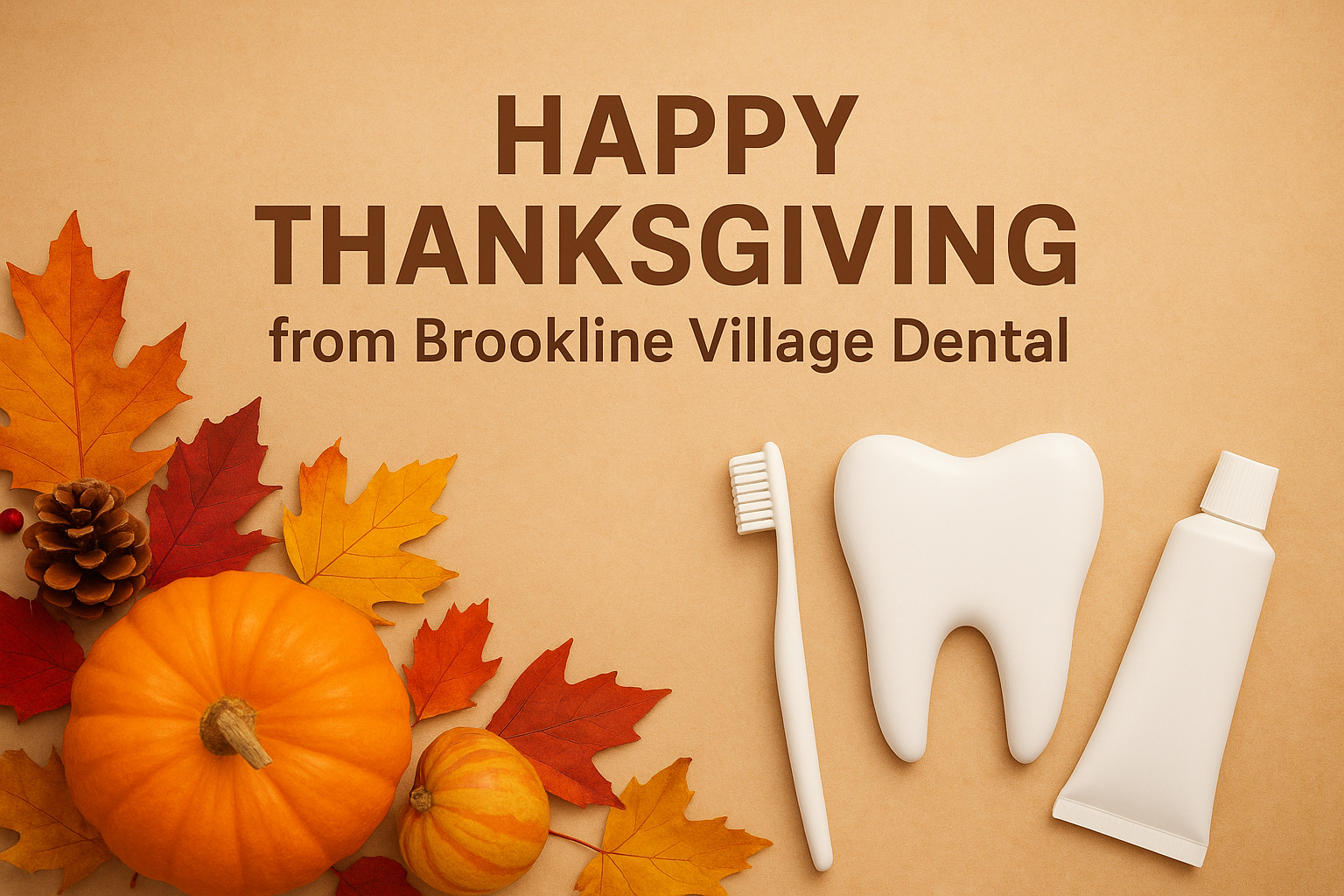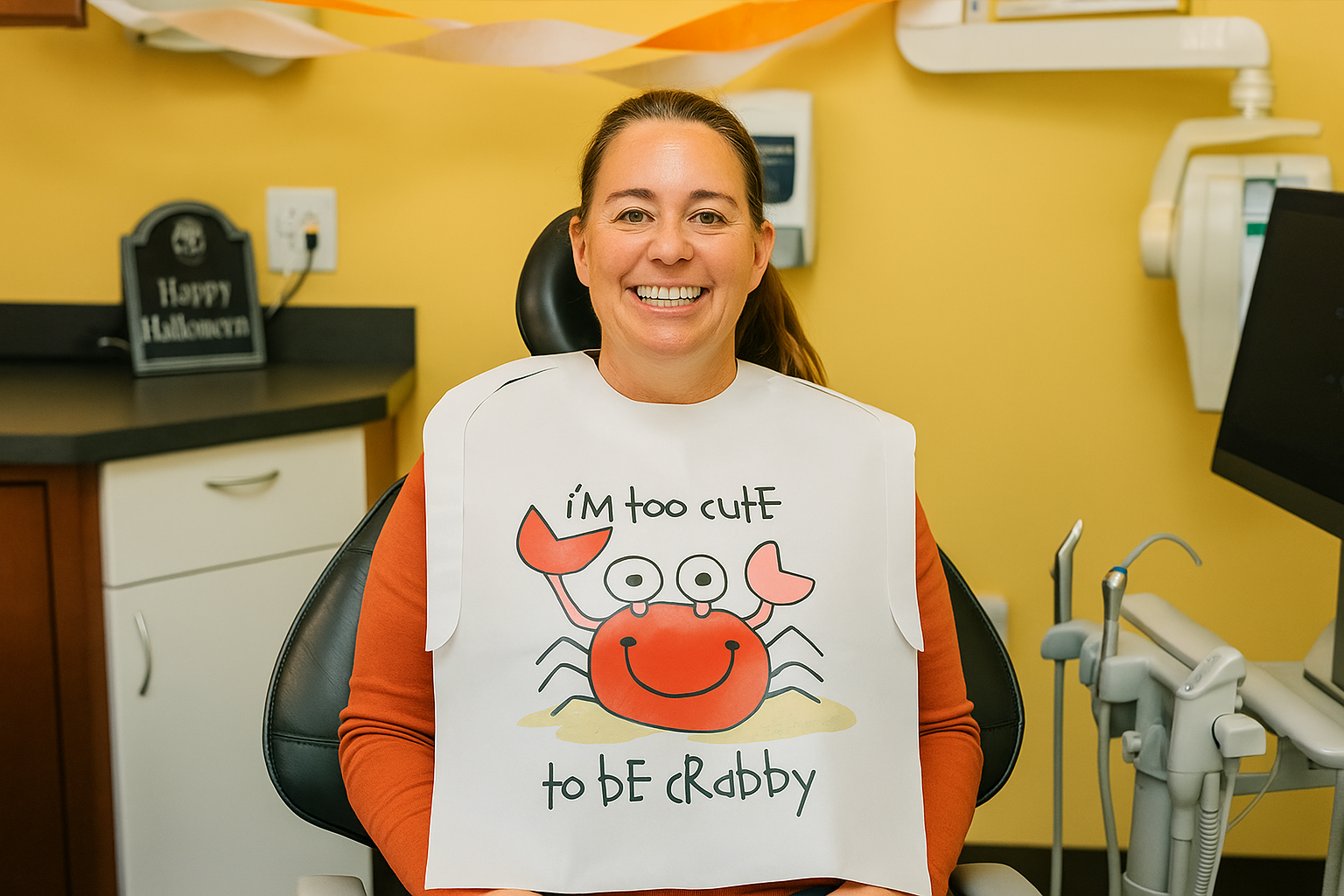Bruxism is a term commonly used by dentists for teeth grinding and or clenching. Most people experiencing this are doing it unconsciously. Bruxism can be mild or severe and comes with many warning signs.
Here are some of the signs and symptoms of bruxism.
- Increased tooth sensitivity
- Teeth that are flattened, chipped, fractured, or worn down
- Headache
- Jaw pain or tightness of the jaw
- Earache from constant muscle contractions
- Worn tooth enamel
Dentists do not know the exact cause of bruxism, however, there are both physical and physiological causes involved.
- Anxiety or stress
- Malocclusion (abnormal alignment of upper and lower teeth)
Here are a few tips to stop grinding or cope with it until you do.
- Wear a night guard. This can either be made out of plastic or acrylic by your dentist. This will not stop you from grinding but will protect your teeth from damage by redistributing the forces.
- Relieve stress. Stress is a main cause of grinding.
- Be conscience during the day of your lips being sealed and your teeth being apart. Your teeth should only touch while you are chewing.
- Gently massage your jaw muscles to relieve any stiffness or pain.
- Do not go to bed late. Make sure to get a good nights sleep.
These tips should help relieve the jaw pain and also help reduce your grinding.






